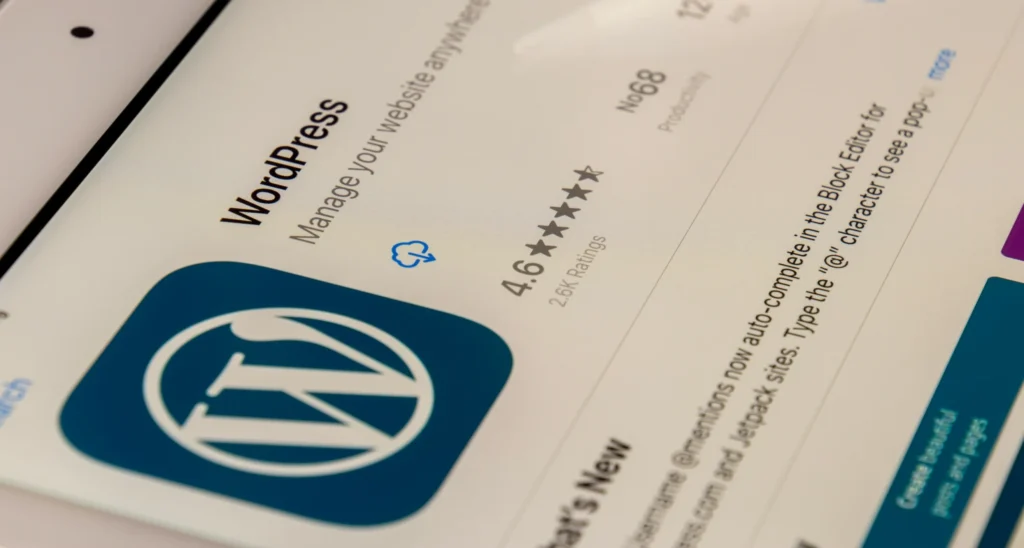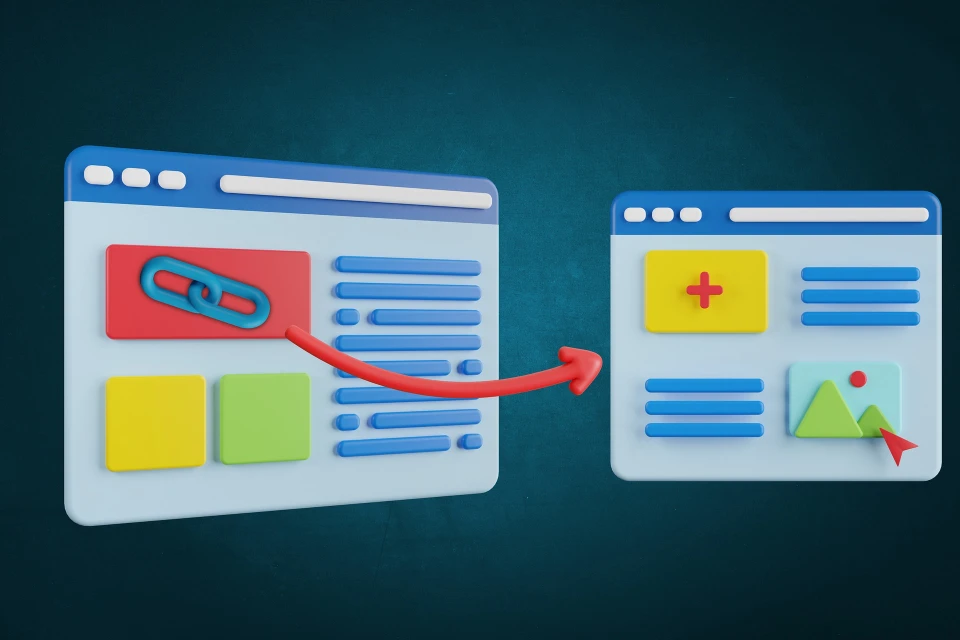Hey everyone! Welcome back to another exciting journey into the world of affiliate marketing. If you’ve been thinking about diving into this field but feel a bit overwhelmed, you’re in the right place. Today, I’m going to walk you through, step by step, on how to start affiliate marketing even if you’re a complete beginner. And yes, by the end of this guide, you’ll be ready to kickstart your affiliate marketing business!
But before we jump in, I need to mention a couple of quick things. First off, this guide is going to be a bit lengthy because I want to ensure I cover everything you need to know. It’s like a condensed version of my comprehensive affiliate marketing masterclass. If you find this helpful, you might want to check out the full course for a deep dive into the topic—I’ll drop the link in the description below.
Okay, enough of the intro. Let’s switch over to the computer and get started with this tutorial!
What Is Affiliate Marketing?
Let’s start with the basics. What exactly is affiliate marketing? If you’ve been scratching your head about this, you’re not alone. Many people overcomplicate this concept, but it’s really quite simple.
In straightforward terms, affiliate marketing is a business model where you partner with companies to promote their products. They provide you with a unique referral link, and when someone makes a purchase through that link, you earn a commission. That’s it! Think of it as a modern twist on referral programs. You don’t have to stick to one company; you can join as many affiliate programs as you want. Plus, it’s free to join them!
Key Points to Remember:
- Affiliate Programs: You can join multiple programs.
- Commissions: You earn through commissions, not a salary or hourly wage.
- Flexibility: You’re not tied to any company like an employee; think of it as being an independent contractor or freelancer.
Different companies offer various types of commissions. Some might offer a flat rate, like $50 or $100 per sale, while others offer a percentage of the sale. We’ll dive deeper into this later on.
Finding Affiliate Programs
Now that you know what affiliate marketing is, let’s talk about how to find companies that offer affiliate programs. The great news is, almost all companies have an affiliate program or something similar, often called a referral program.
Example: Amazon Associates
One of the most well-known affiliate programs is Amazon Associates. Through this program, you can earn commissions on virtually any product sold on Amazon. You can create affiliate marketing content around any niche you’re passionate about, which gives you a lot of flexibility. However, experienced affiliate marketers often avoid Amazon because individual companies tend to offer higher commissions than Amazon does.
Researching Affiliate Programs
Here’s a practical tip: Start by thinking about your passions or areas where you already have knowledge. What hobbies or interests do you have? What topics do your friends and family ask you for advice on? This could be anything from cooking to technology to fitness.
Once you have a topic in mind, go to Google and type in a relevant keyword. For this guide, let’s use “website building software” as an example since I’ve spent a lot of time with different website building tools over the years.
Step-by-Step Guide to Finding Affiliate Programs:
- Search for Brands: Start by searching for your niche topic on Google. Scroll through the results to identify brands you recognize and have experience with.
- Look for Affiliate Programs: Pick one of these brands and search for their affiliate program. For example, type “Wix affiliate program” into Google.
- Find Official Links: Look for the official site talking about their affiliate program. Avoid third-party websites talking about the program; you want to get information directly from the company.
- Check Commission Details: See if the website provides information about the commission structure. Some sites will list the commission rates right on the homepage, while others might require you to apply first.
Example: Affiliate Program Research
Let’s dive into a quick example. I searched for “website building software” and found a few brands I’m familiar with: Wix, WordPress, and Squarespace. Here’s how I evaluated them:
- Wix: I typed in “Wix affiliate program” and found a link to their official site. They didn’t list commission details upfront, so I noted that I would need to apply to find out more.
- WordPress: Realized quickly that WordPress itself is free, so it wouldn’t be a good fit for an affiliate program.
- Squarespace: They offered a $100 per sale commission, which is excellent. They also partnered with an affiliate network, Impact.com, which adds another layer of credibility.
Repeat this process for a couple more companies, and you’ll have a good list of potential affiliate programs to join.
Joining Affiliate Programs
Now that you’ve found some potential programs, the next step is to join them. This part is usually straightforward. Most companies have a sign-up process on their website. Here’s a simple outline of what to expect:
- Create an Account: Fill out some basic information to create an account.
- Application Process: Some companies may require you to fill out a short application. They might ask about your website, your marketing plans, or your audience. Don’t worry too much; just be honest and concise.
- Approval: Once approved, you’ll get access to your unique referral links and any other resources you might need.
Tips for a Smooth Application Process:
- Be Honest: Don’t exaggerate your experience or audience size. Transparency builds trust.
- Highlight Your Niche: Show them you have a clear niche or topic you’re focused on, which aligns with their products.
- Professional Presence: If you have a website or social media profiles, make sure they’re polished and reflect your brand well.
Creating Your Affiliate Marketing Content
Once you’re approved for a few affiliate programs, it’s time to start creating content. Here’s where the fun begins! The content you create will depend on your chosen niche, but here are some general tips to get you started:
Types of Content:
- Product Reviews: Write detailed reviews of the products you’re promoting. Highlight the benefits, features, and any personal experiences you have with the product.
- How-to Guides: Create tutorials that show people how to use the product. These are particularly effective for complex products that might need some explaining.
- Comparison Articles: Compare different products in the same category. For example, compare Wix, Squarespace, and WordPress for building a website.
- Listicles: Create lists like “Top 10 Tools for Building a Website” and include your affiliate products.
Content Creation Tips:
- Be Genuine: People can tell when you’re not being authentic. Only promote products you genuinely believe in and have used yourself.
- Add Value: Your content should provide value to the reader, whether it’s through educating them, solving a problem, or helping them make a decision.
- SEO Optimization: Use keywords related to your niche to help your content rank higher on search engines. This increases your chances of getting more traffic.
Promoting Your Affiliate Links
After creating content, you need to promote it. Here are some effective ways to get your content in front of a larger audience:
Social Media:
Share your content on platforms like Facebook, Twitter, and Instagram. Join groups or communities related to your niche and participate actively. This helps you establish credibility and reach a broader audience.
Email Marketing:
If you have an email list, share your new content with your subscribers. Provide valuable insights or exclusive deals to keep them engaged.
Guest Blogging:
Write guest posts for other blogs in your niche. This can help you reach a new audience and get backlinks to your content, boosting your SEO.
Paid Advertising:
If you have a budget, consider using Google Ads or Facebook Ads to promote your content. This can be particularly effective for high-commission products.
Monitoring Your Progress
Once your content is live and you’re promoting it, the final step is to monitor your progress. Most affiliate programs provide some kind of dashboard where you can track clicks, conversions, and commissions. Use this data to see what’s working and what isn’t.
Tips for Optimization:
- Analyze Performance: Look at which content and links are performing well and focus more on those areas.
- Test and Improve: Continuously test different types of content and promotional strategies to see what resonates best with your audience.
- Stay Updated: The affiliate marketing landscape is always changing. Stay updated with the latest trends and adjust your strategies accordingly.
Conclusion
And there you have it! A complete, step-by-step guide on how to start affiliate marketing for beginners. Remember, the key to success in affiliate marketing is to start small, stay consistent, and keep learning. If you found this guide helpful and want to learn even more, don’t forget to check out my full affiliate marketing masterclass. The link is in the description.
Thanks for reading, and happy marketing! If you have any questions or need further clarification, feel free to drop a comment below. I’m here to help you every step of the way.





















